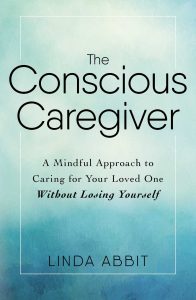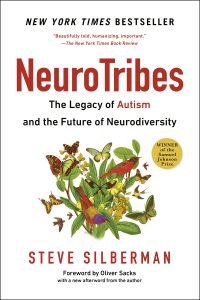
Arthur L Keyes Memorial Trust
The Arthur L Keyes Memorial Trust generously donated $10,000 to our Health and Wellness program. Activities are varied and constantly changing to expose individuals to new experiences that promote the development of social skills, learning to follow instruction, and overall general health and well-being. These funds allow us to offer programs like martial arts, dance and movement classes to the individuals that we serve.

Apple Announces New Accessibility Features, Including Eye Tracking, Music Haptics and Vocal Shortcuts
“Each year, we break new ground when it comes to accessibility,” said Sarah Herrlinger, Apple’s senior director of Global Accessibility Policy and Initiatives. “These new features will make an impact in the lives of a wide range of users, providing new ways to communicate, control their devices, and move through the world.”

Paris 2024 Supports The Campaign WeThe15
An outstanding movement for equality, led by the International Paralympic Committee (IPC), the WeThe15 campaign is first and foremost a symbol of the fight against the discrimination facing people with disabilities, while helping build an inclusive society. There are around 1.2 billion people worldwide with physical or mental disabilities. They represent 15% of the global population. WeThe15 aims to turn the spotlight on the 1.2 billion human beings who continue to be underrepresented today.
Legislative Information
There continues to be several key topics before legislation in Concord which focus on support for individuals with developmental disabilities and may be of interest to you. The rollout of Managed Care continues to be a hot topic as it relates to the potential impacts it may have.
Remember, everyone’s voice is important so please speak to your local representatives for more information about ways you can participate in the process.
You can also find additional legislatives updates at www.gatewayscs.org
Remember, there are two ways you can register to vote in New Hampshire, you can:
- Register to vote at your local city or town clerk’s office at least 10 days before the date of the primary or general election; or
- Register to vote at your polling place on election day








